The coronavirus pandemic is taking a huge toll on the mental well-being of healthcare workers. The shifts are long, and often, heartbreaking, as medical workers bear witness to the impact of the coronavirus on patients and their families firsthand—while barely getting to see their own families for support along the way. In response, some hospitals are offering a new way to help these workers catch a break.
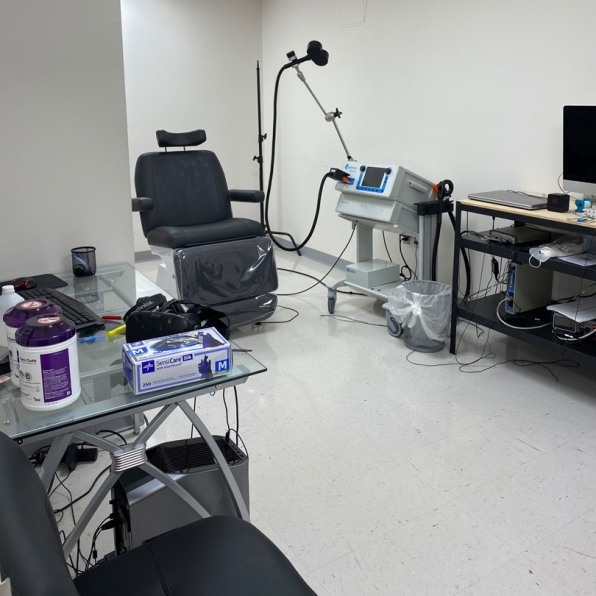
Mount Sinai Hospital’s Office of Wellness and Resiliency in New York partnered with the design firm Studio Elsewhere to develop “recharge rooms,” spaces with natural design elements that help medical workers recover from a physically and mentally taxing shift. The rooms use biophilic design principles—the idea of bringing the outdoors into built environments—to make small oases out of underused hospital spaces near ICUs. The initiative, called Frontline Strong Relief, has since scaled to two other hospitals (Beth Israel and Mount Sinai West), with plans to expand to several more.
This isn’t the first time biophilic design principles have been applied to a hospital environment—many hospitals have been built with these ideas in mind. The assertion that integrating natural elements, like plants and sunlight into interior spaces, is beneficial to our health and well-being has been around for centuries and took up new currency in the 1980s—and there’s plenty of research that supports it. Studies have shown that looking at nature can improve recovery patient time, and even just seeing it on a screen can reduce stress levels.
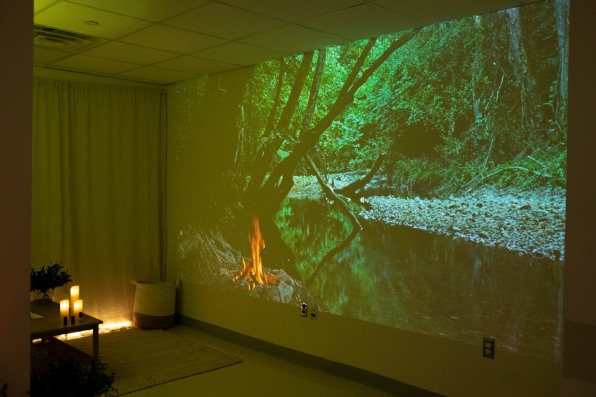
In this case, the design team converted family waiting rooms, visitation spaces, outpatient clinical spaces, and wellness rooms into new, isolated rooms, designed to immerse a visitor in multisensory experiences and help them relax and recharge. They partnered with the artist collective EMBC to produce original music tracks that are meant to calm anxiety, stress, and trauma. There’s also a separate library of nature sounds to choose from. The cozy, semiprivate rooms (90% of visitors share the space with teammates) have dim lighting and images of natural landscapes projected across one of the walls. Visitors typically spend 10 to 15 minutes in the space.
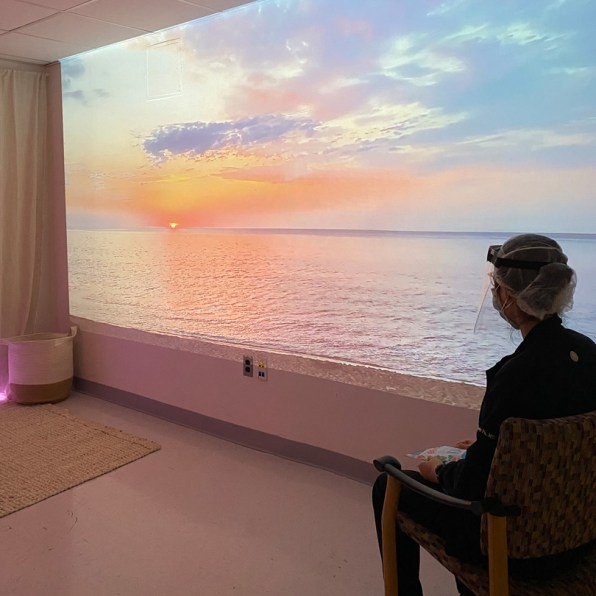
The spaces are designed to be customized, so visitors can choose coordinating sounds, sights, and smells based on mood. The experience is voice-activated, and sanitized after each use.
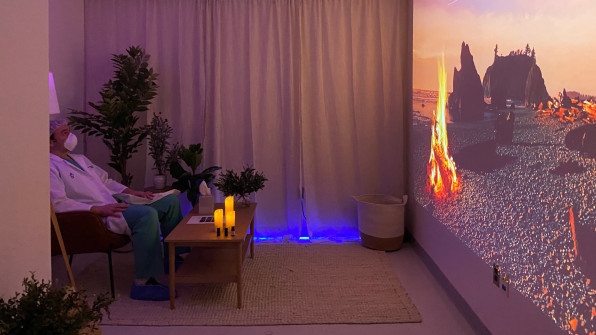
“The design of the Recharge Rooms integrate five key strategies for promoting mental health during events like COVID-19: promoting a sense of safety, calm thinking, sense of empowerment, connectedness, and hope,” Mirelle Phillips, the founder of Studio Elsewhere, told Fast Company via email.
According to Phillips, the rooms have been used by 500 workers. The first room was put in place on March 30. Amid a crisis that can feel overwhelming, these kinds of small moments of respite are something we can all get behind.
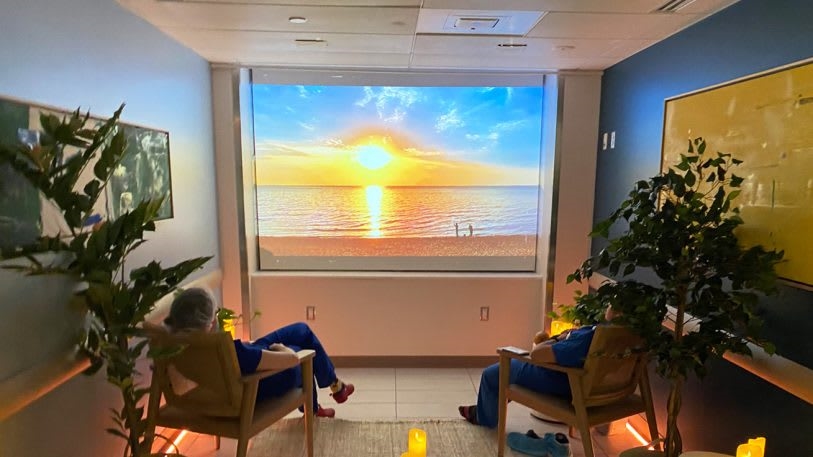
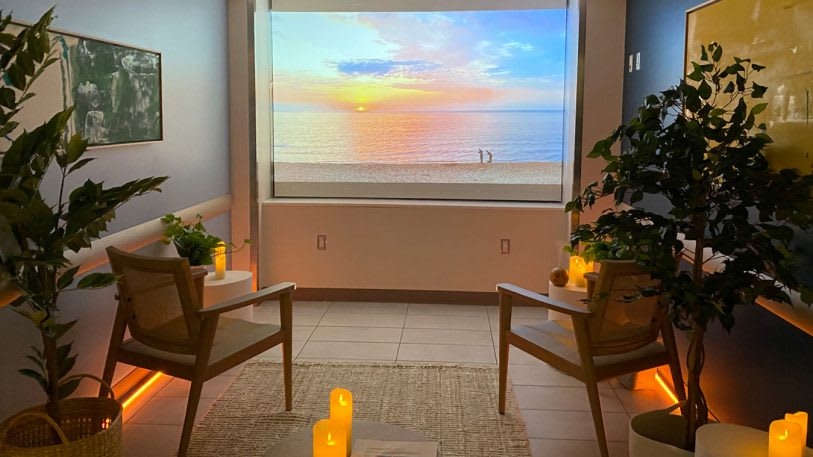
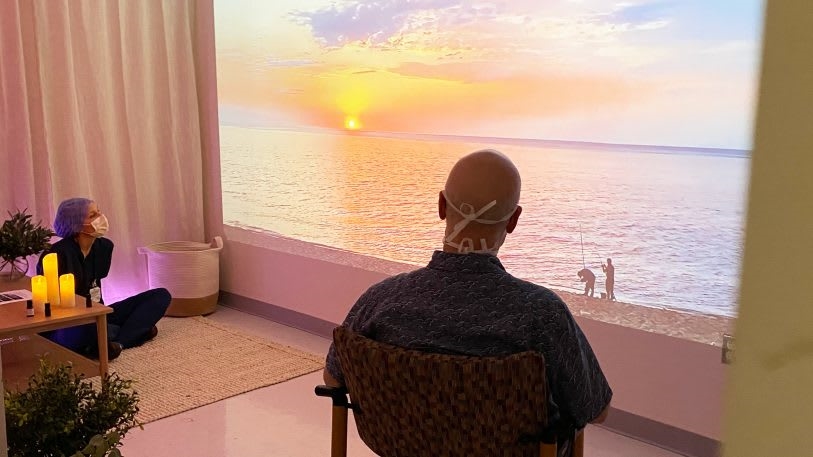
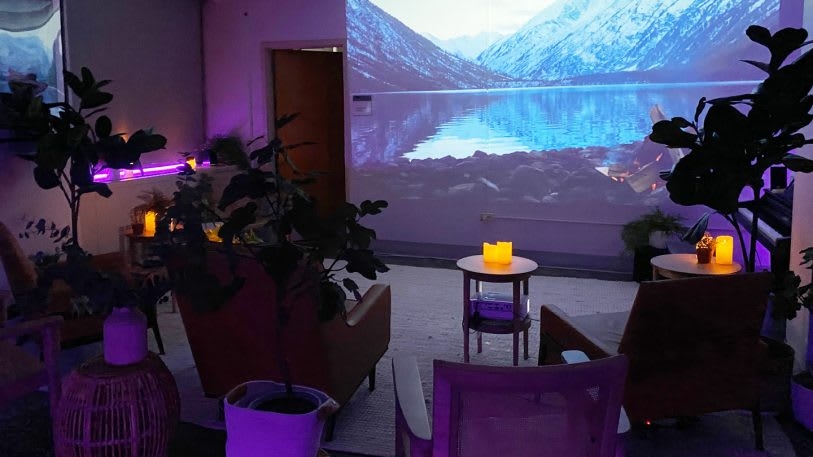
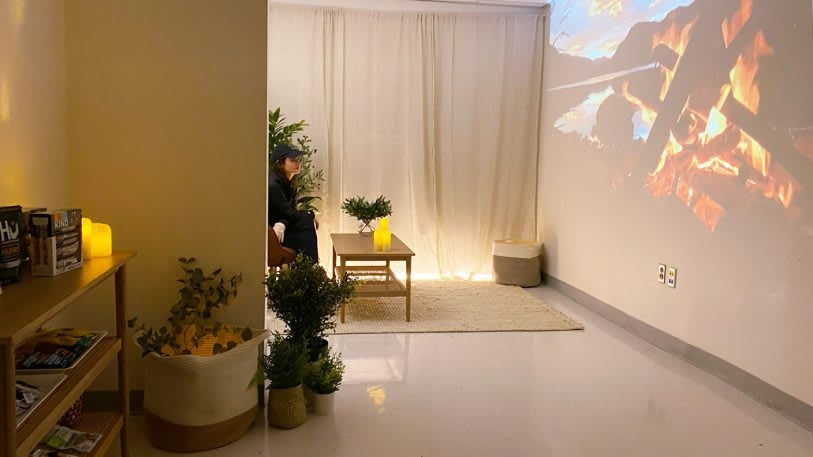
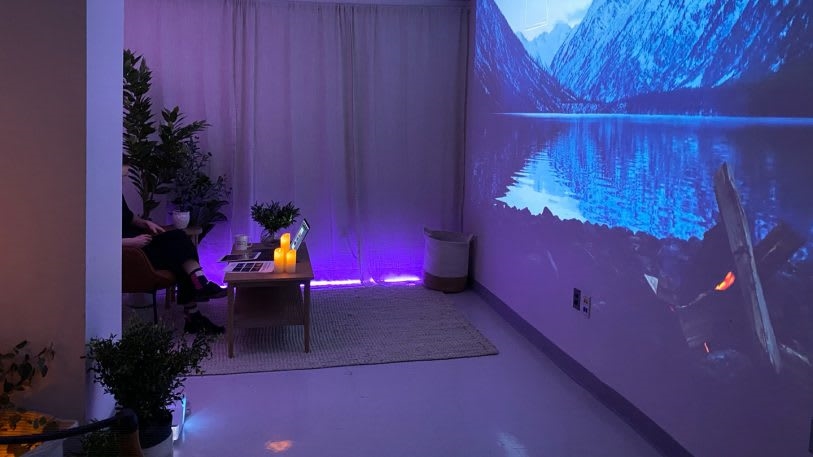
Fast Company , Read Full Story
(43)